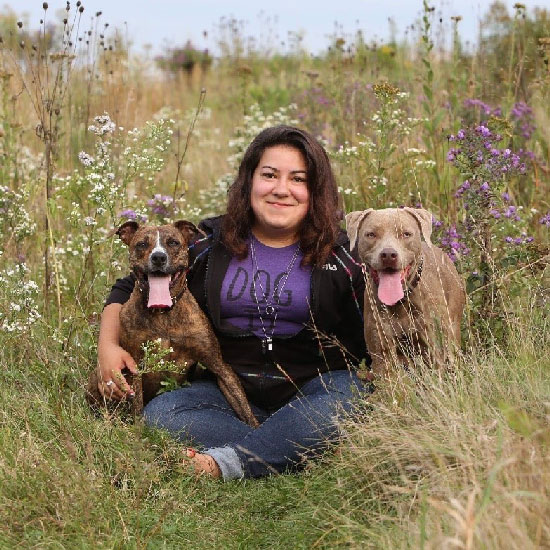Is your dog or cat microchipped? When was the last time you updated their microchip information? Today is National Check the Chip Day! A friendly reminder to all dog and cat owners to have their companions microchipped or to have their chip information updated!
What to Do:
- Talk to your vet about having your pet’s microchip checked and schedule an appointment to have it scanned.
- Confirm that your pet’s microchip information is up to date by checking the manufacturer’s database.
- Schedule an appointment with your vet to have your pet microchipped, if they’re not already. Then, make sure to register the microchip immediately once implanted.
About Microchips:
- Microchips are small devices that store and transmit a unique, preprogrammed, identification number.
- Once the unique identification number in your pet’s chip is registered by you, with your contact information, it becomes a permanent means of identification.
- Microchips are implanted under the skin with a hypodermic needle.
- Microchips do not contain batteries and are instead activated by the radio-frequency signal emitted by the scanner.
- Microchips are tiny, about the size of a grain of rice, and are usually implanted in the area between your pet’s shoulders.
- 134kHz is the most common frequency for microchips and is considered the global standard. However, there are multiple microchip frequencies. Universal scanners are available, and many vet clinics and shelters in the United States have these scanners.
- Microchips are not tracking devices and cannot be used to find your pet’s location.
- Veterinarians and shelters will often check which manufacturer your pet’s chip is registered with by entering their chip’s unique id number on petmicrochiplookup.org. This website does not provide the contact information, but the manufacturer’s information. The manufacturer’s website will allow them to find contact information for the pet’s owner if the chip was registered.
- Microchips do not replace id tags and collars but are an additional safety measure that increases the likelihood of both cats and dogs being returned to their owners
See you next time, at Central Bark!
– Carla

Carla is an Operations Field Representative for Central Bark and co-owns a dog training and behavior consulting business, Good Karma Canine. Carla has three dogs Karma, a seven-year-old American Staffordshire Terrier Mix; Gypsy, a five-year-old Bull Terrier/Lab Mix; and Newt, a two-year-old Chihuahua.






